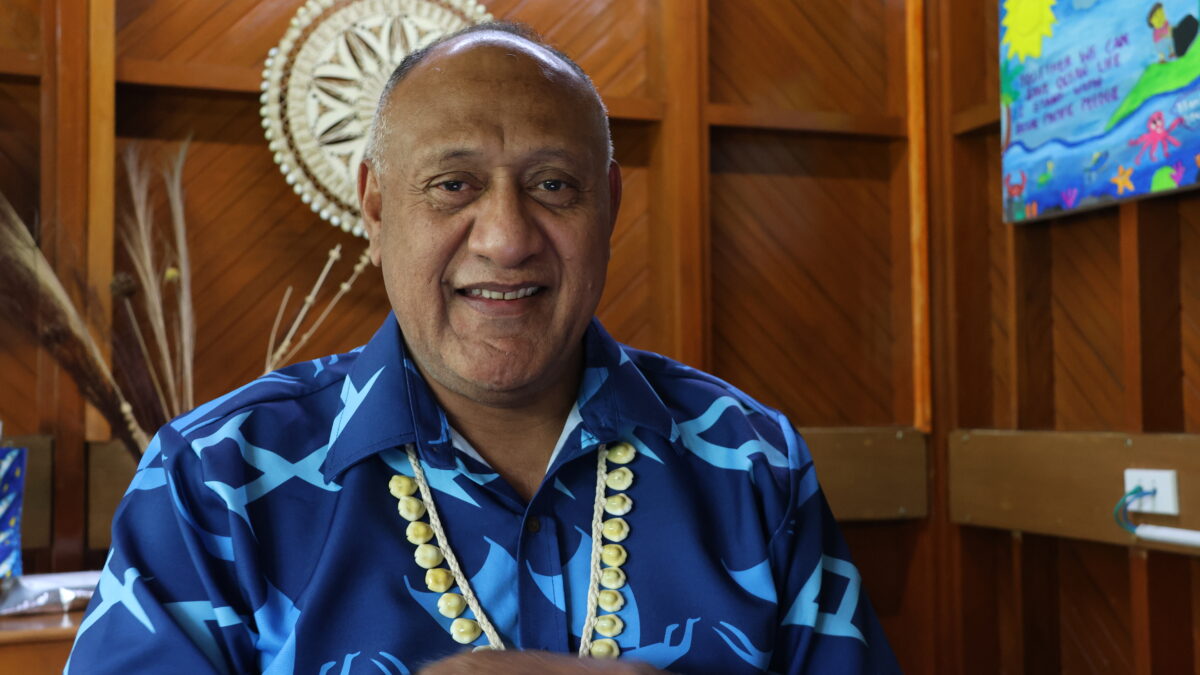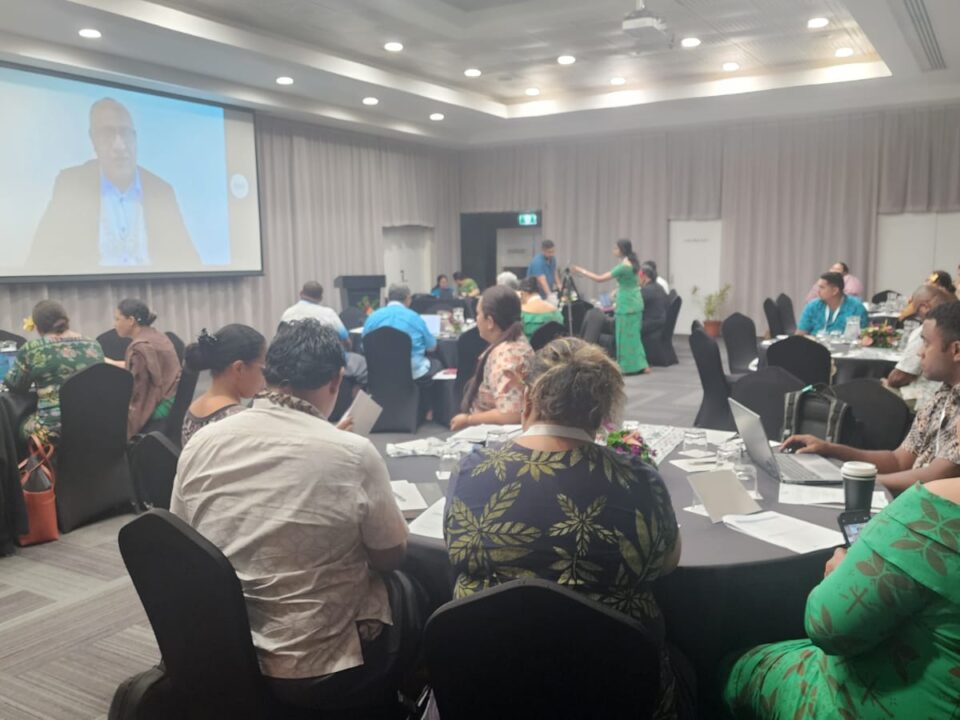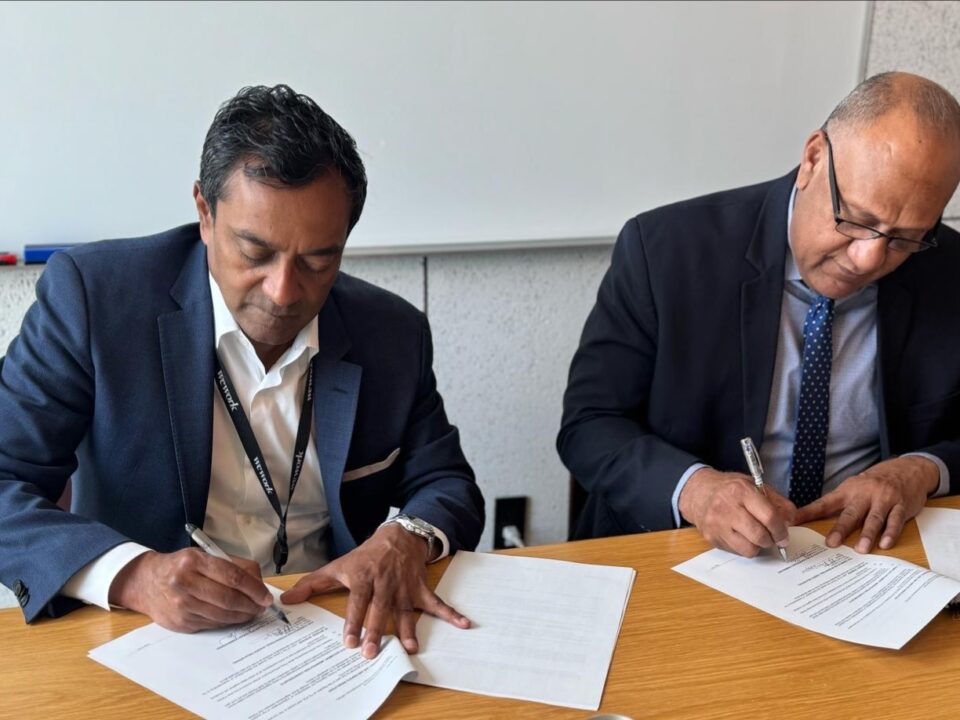
Excellencies,
Ladies and gentlemen,
Bula Vinaka and greetings from Fiji!
I regret not being able to be with you today due to prior scheduled events. However, I am deeply grateful for the opportunity to address your esteemed Assembly. I hold the OACPS in high regard and consider this organization a crucial partner for our Pacific countries, as outlined in the Samoa Agreement. Your oversight in ensuring the effective implementation of the Agreement is pivotal.
On the global stage, the Pacific region is closely linked to two critical issues: climate change and the ocean. Our Pacific Island Leaders recognize that climate change is not just our greatest threat but an existential one. Conversely, the ocean, far from being a threat, is our lifeblood. As islanders, we are inherently connected to the ocean. Therefore, it’s no surprise that Agenda 21 linked Small Island Developing States (SIDS) and the ocean in the same chapter. At Rio+20, Pacific Islands groups elevated the importance of the ocean for sustainable development, leading to its dedicated SDG in Agenda 2030.
The Pacific and other SIDS have actively participated in law of the sea processes, including the recently adopted BBNJ agreement, the first signatory and Party of which are both from the Pacific. This demonstrates the region’s commitment to translating ambitions for a secure, healthy, and resilient ocean into reality. As custodians of the ocean, we in the Pacific take pride in managing the world’s tuna stocks effectively. However, it is unacceptable that the current draft outcome for the fourth SIDS Conference does not include any element on the ocean. We cannot afford to miss this opportunity, especially for SIDS.
Excellencies,
The Samoa Agreement and the Pacific Protocol underscore common interests and priorities with our region, particularly the importance of ocean governance in maintaining the health and resilience of our oceans. Pacific Island Leaders recently adopted the 2050 strategy for the Blue Pacific, which includes a pillar dedicated to promoting regional collective actions on the ocean, such as removing hazardous waste, protecting key biodiversity areas, and developing Pacific Ocean science. The strategy emphasizes treating the ocean as an environmental issue.
While this is reassuring, I am becoming increasingly concerned. As the Pacific Ocean Commissioner, my role is to advocate for our regional priorities and coordinate stakeholders with interests in the ocean space. The success in emphasizing the importance of the ocean for sustainable development has attracted a multitude of international, regional, and national actors from governments, civil society, the private sector, and other interests. This complexity challenges our governance and effectiveness in ensuring the health of our ocean and the prevalence of equity in ocean spaces.
I notice a growing emphasis on exploiting rather than respectfully caring for the ocean. Our focus has shifted towards maximizing economic gains and technological innovations. While I support developing our capacities to be active participants in the ocean space, we must be mindful of the consequences of unchecked activities that harm our ocean. We have a legal and moral duty to protect and respect our ocean and its resources.
I am confident that we can emulate our ancestors in keeping the ocean healthy, productive, and resilient. We have numerous opportunities to do so, such as following Palau’s lead in becoming a Party to the BBNJ Agreement. Collectively, we can advocate for an international treaty to end plastic pollution, including in the marine environment, and ratify the WTO fisheries subsidies agreement. We can also demand that regional and international organizations prioritize the ocean in their agendas and funding allocations. Collaboration across sectors, guided by ancestral values and scientific information, is essential.
Excellencies, Ladies, and Gentlemen,
There are many challenges ahead, but there are also reasons for optimism. We must work together to elevate commitments and measures for the health, productivity and resilience of our ocean. I thank you for taking the time to discuss this important topic. I wish you all well in your discussions. Thank you all very much for your attention.



